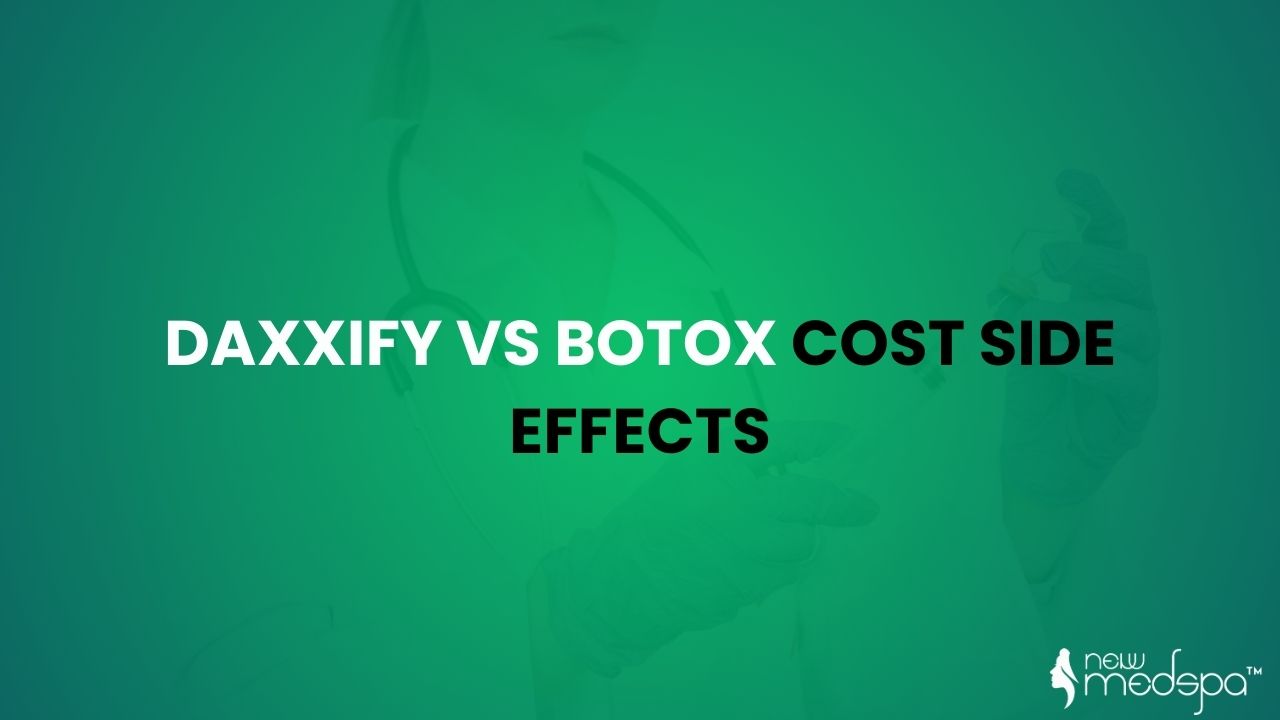Peptides are short chains of amino acids, often referred to as the building blocks of proteins, that play crucial roles in various physiological functions. Peptides are tiny proteins that double the amino acids in cells, which result in fat-burning and weight loss. In the realm of weight loss strategies, peptides have emerged as a fascinating area of research and application. Beyond their functional role, certain peptides have shown promise in aiding weight loss efforts when used in conjunction with a healthy diet and exercise regimen.
What are peptides?
Peptides drugs are used to treat various health conditions but usually people take it as a weight loss solution and it is more helpful for overweight and people with high risk obesity. Peptides are naturally occurring biological molecules composed of amino acids linked together by peptide bonds.
They are classified by their length: short peptides typically contain, fewer than 50 amino acids, whereas longer chains, are considered proteins. In the context of weight loss, peptides are of interest due to their ability to influence metabolism, appetite regulation, and fat breakdown.
Types of Peptides Used for Weight Loss
Melanotan II: This originally developed as a synthetic tanning agent, Melanotan II has also shown appetite-suppressing and fat-burning effects in research studies.
Growth Hormone Releasing Peptides (GHRPs): Stimulate the body’s natural production of growth hormone, which can lead to increased muscle mass, reduced body fat, and improved metabolism.
Tesamorelin: is approved for use in HIV patients with lipodystrophy, tesamorelin stimulates the release of growth hormone and may help reduce abdominal fat.
Peptides and Weight Loss Mechanisms
Appetite regulation: Some peptides act for the central nervous system, to regulate appetite. For example; peptides like “ghrelin and leptin” play roles in hunger and satiety signals. Peptides that mimic or modify these natural signals, could potentially help individuals manage their food intake more effectively.
Metabolic Boosters: Certain peptides are believed to boost metabolism, thereby increasing the body’s calorie-burning capacity. For instance, peptides like, growth hormone releasing peptides (GHRPs) may stimulate the release of growth hormone, which can influence metabolism, and fat breakdown.
Fat Oxidation: Peptides such as Melanotan II, have been studied for their potential to increase fat oxidation, meaning they may help the body, utilize stored fat for energy more effectively during exercise, and rest.
The Role of Diet and Exercise In Weight Loss
The role of diet and exercise is the traditional way that has been used for weight loss, we cannot sideline this fact of exercising. That is why, It is important to note that peptides are not magic bullets for weight loss. While they may aid in the process, their effects are often enhanced when combined with a healthy lifestyle. A balanced diet that supports weight loss goals and regular physical activity remain fundamental components of any successful weight management strategy.
Peptides Considerations and Safety
Before considering peptides for weight loss, individuals should consult with healthcare professionals, that will help you to plan better and know about procedure, results sustainability, and side effects. Peptides, like any bioactive substance, can have side effects and interactions with other medications. Proper dosing and monitoring are essential to ensure safety and effectiveness.
Conclusion
Peptides represent a promising avenue for those looking to enhance their weight loss efforts. By targeting key metabolic pathways and appetite regulation, certain peptides may offer benefits when used responsibly under medical supervision. However they should complement, not replace, a healthy diet and regular exercise. Whether you are exploring peptides out of curiosity or considering it as a part of weight loss plan, always prioritize informed decision-making and consult healthcare professionals for personalized guidance tailored to your unique health needs and goals.As research continues and understanding deepens, peptides may play an increasingly significant role in personalized weight management strategies.












